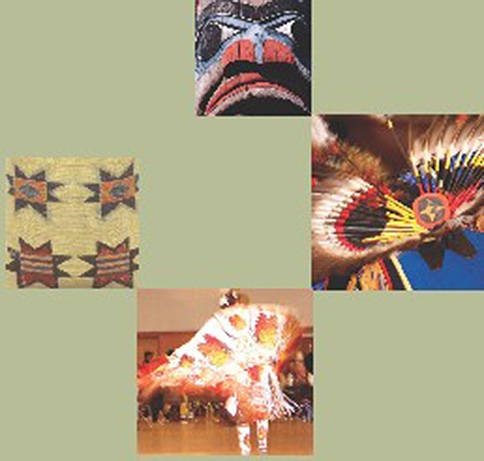Two state lawmakers touched on some hot button issues at a recent online meeting of the Tribal Leaders Congress.
Sen. Lisa Wellman, D-Mercer Island, showed support for the controversial sex education bill that the legislature passed, but is being challenged by Initiative 90 in the Nov. 3 election.
She and 40th District Rep. Debra Lekanoff both talked about diversity, equity, racism and hatred.
Wellman said the main goals of the sex ed bill are to reduce sexually transmitted diseases in teens and to educate younger kids about “safe touching.”
“It’s so appropriate for young kids,” she said.
Wellman said it’s also about “exploring your sexuality and being comfortable with who you are.”
If parents don’t like a curriculum, there are 27 options to choose from, she said, adding districts can even make up their own as long as they meet state-mandated benchmarks.
Lekanoff said tribes need to let educators know how they learn.
“There’s the western way of learning, and there’s our way of learning,” she said.
She added that tribes can lead the way when it comes to diversity and equity.
“Racism and hatred are over and done with,” Lakanoff said, adding if someone does it they have to be told it’s “not acceptable behavior.”
Wellman said COVID-19 restrictions are really hurting education because most students are not in class.
“That’s disconcerting for little ones,” she said. “That’s not the way to start up.”
She said teachers need more professional development so they can learn how to create a “rich learning environment.”
Wellman said online learning is tough because “it’s not a system of equity,” as tribal lands don’t have the internet connections people have elsewhere.
“The teacher disappears or the mouth and the words don’t match up,” she said. “That’s no way for a child to learn.”
She doesn’t see things changing anytime soon as she’s told many people don’t want their kids to return to school until there is a vaccine.
Both encouraged tribes to speak out and vote.
“Choose to make your voice heard,” Wellman said.
Lekanoff added, “Be part of the conversation.”
Jessica Porter, a consultant, said at the same Zoom meeting that she talked with tribes statewide about their education priorities, which are:
The pilot project costs approximately $6.1 million, and Gov. Jay Inslee is being asked for funding.
To read more on the proposal and sign a petition supporting it go to:https://docs.google.com/forms/d/e/1FAIpQLSc5l_395ys8A92_I-X1Ic6ZeDjHhoaKSREjuNUcCJ4npmHauQ/viewform


